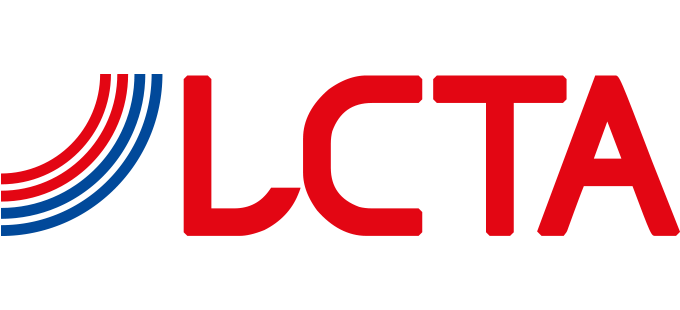THE COMMODITY
TRADING
Switzerland currently plays a significant role in global commodity trading alongside London and Singapore.
Since the early decades of the 20th century, commodities like cotton, coffee, and wheat have been traditionally negotiated through Switzerland. Later, the contingencies of the world wars, Swiss neutrality, a flexible exchange rate, and the Nation’s political and economic stability enabled the initiation of such trading activities.
Consider for instance the dynamics of the Cold War, the Egyptian cotton industry of the 1960s, the oil crisis of 1973-1974, and the events in post-Soviet Russia, among others: all these factors combined with Swiss peculiarities, such as a moderate taxation, have made Switzerland particularly attractive for the establishment and expansion commodity trading.
Switzerland is a prominent global hub for commodity trading. The sector generates 20 billion Swiss francs annually, accounting for 4-5% of the national GDP. The primary centers are Geneva, Zug, and Lugano. Presently, over 500 companies engage more than 10’000 employees. The primary commodities handled include oil, metals (“hard commodities”), and agricultural products (grains, sugar, coffee, and cotton – known as “soft commodities”). Companies located in the Leman Arc manage 80% of the global grain trade.
LUGANO AS A HUB
The Lugano hub has secured a significant role in this highly specific context, particularly in the trading of steel, base metals, gold, gas, coal , electricity, and to a lesser extent, soft commodities. This has enabled the hub to attain a commendable position.
The hundred or so companies that make up Lugano’s commodity trading sector have a substantial impact on the canton of Ticino’s GDP and tax revenues. The sector also employs highly skilled individuals with specialized knowledge in areas such as shipping, transportation, risk insurance, legal matters, foreign languages, and financing of operations.
Several factors fostered commodity trading’s development in Ticino.
The most significant ones are:
- Political and economic stability in a neutral country greatly dominated by a long tradition of international diplomatic ties.
- A legal system based on the principle of legal certainty and established upon a liberal ideology that minimizes state intervention to the greates extent practicable.
- Highly effective transportation and communication infrastructure.
- A robust banking system comprising universal as well as specialized banks adept at addressing the specific requests of the trading business.
- Interesting fiscal conditions for both new and well-established companies. These trading companies are generally treated as auxiliary entities, so availing themselves of advantageous taxation due to the predominance of foreign-to-foreign transactions.
- High-quality and flexible education thanks to the USI University of Lugano, the SUPSI University of applied sciences and the specific training programs offered by various professional/sector associations.
- A favorable geographical position on Europe’s North-South axis. Lugano is relatively close to Milan, Geneva and Zurich. The proximity to northern Italy’s industrial sector as well as the cultural and linguistic affinities have facilitated the establishment of trading companies specialized in supplying raw material to the Italian industry.
- Due to the cultural and linguistic kinship to Italy as well as the fluency in English, German and French, many companies from different origins are located in Ticino (Italian, Arab, Turkish, Russian, German, American, etc.).
- Favorable time zone for international operations during business hours.
The Commodity Trader
A trader is an intermediary with an important role in the value chain, which begins with the supplier of commodities and ends with the consumer of the produced goods. The commodity trader usually buys goods from the producer and attempt to sell them to the processing companies, to other intermediaries or directly to the consumers; the trader will strive to achieve the highest possible gain and to guarantee the chain’s efficiency. In other words, the trader assists in matching demand and supply, often situated in different parts of the world, offering both supplier and client – at all levels of the value chain – a number of additional services, which require specific skills. Therefore, those active in the value chain can concentrate their resources and activities on their core business, while the trader takes care of selling the goods thanks to his/her knowledge of the market, transportation, logistics, accreditation and financing of these operations.
How does commodity trading work?
Commodity trading is one of the oldest forms of economic activity, yet it is also one of the most widely misunderstood. Trafigura, one of the world’s leading suppliers of metals, minerals, oil and petroleum products, as well as gas and power, has decided to produce a guide explaining to a wide audience the functions and modus operandi of commodity trading companies and their role in organizing the global flows of vital materials that underpin economic growth.
The guide is available in several languages (EN, ES, FR, DE, CN, JA) and can be downloaded here in PDF format.


